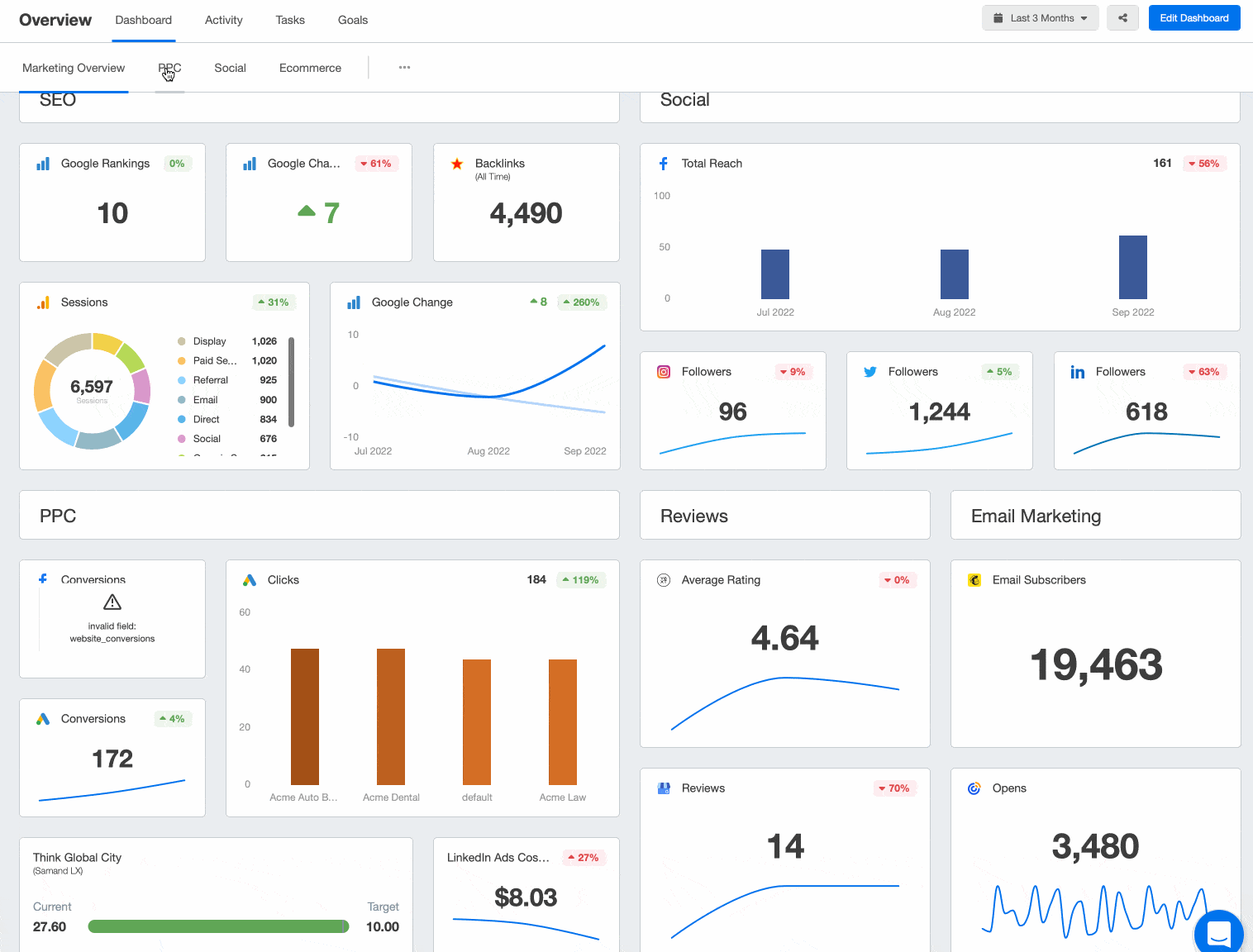
In today’s fast-paced digital world, businesses are constantly looking for ways to improve their marketing efforts and maximize returns. But how do you ensure that your marketing campaigns are as effective as possible? The answer lies in data-driven decision-making. By using analytics, businesses can gain valuable insights into their customers’ behaviors, preferences, and interactions, allowing them to fine-tune their marketing strategies and achieve better results.

The Importance of Data in Marketing
Data is the backbone of any successful marketing campaign. With the vast amount of data generated every day from online interactions, businesses can now tap into these resources to make more informed decisions. Data helps marketers understand who their customers are, what they are looking for, and how they interact with the brand. This enables businesses to craft more personalized, targeted, and effective marketing messages.
From customer demographics to website traffic, social media engagement, and email campaign performance, data offers a complete picture of how your marketing efforts are performing.
Setting Clear Marketing Goals with Data
One of the biggest advantages of data-driven marketing is that it allows businesses to set clear, measurable goals. Whether you want to increase website traffic, improve conversion rates, or generate more leads, analytics can help you track progress and adjust strategies accordingly.
For example, by analyzing website performance, you can determine which pages are driving the most traffic or identify bottlenecks in the customer journey. This allows you to optimize your site for a better user experience and higher conversion rates.
Understanding Your Audience
Understanding your target audience is crucial for any marketing strategy. Data analytics helps you segment your audience based on factors like demographics, interests, and behaviors. With this information, you can create more personalized and targeted marketing campaigns that resonate with your customers.
For example, by analyzing social media engagement data, you can identify which posts generate the most likes, shares, and comments, providing insights into what type of content your audience prefers. You can also track customer behavior on your website to determine what products or services are of the most interest to them.
Enhancing Campaign Performance
One of the most powerful aspects of data-driven marketing is its ability to improve campaign performance. By analyzing the data from previous campaigns, you can identify what worked and what didn’t. This enables you to tweak your strategy to achieve better results in the future.
For example, if you’re running a social media ad campaign, you can use data to track key metrics like impressions, clicks, and conversions. If the campaign isn’t performing well, you can adjust the ad targeting, content, or budget based on the insights gained from the data.
Making Informed Budget Decisions
Marketing budgets can be tight, and every dollar counts. Data-driven marketing allows you to make more informed budget decisions by showing which channels and campaigns provide the best return on investment (ROI). With analytics, you can allocate resources to the marketing tactics that generate the most value for your business.
For instance, if you notice that your paid search ads are driving more conversions than your social media campaigns, you may decide to reallocate some of your social media budget to paid search to maximize your ROI.
Optimizing for Continuous Improvement
Data-driven marketing isn’t a one-time strategy—it’s an ongoing process. The key to long-term success is consistently reviewing and optimizing your marketing efforts based on the data you collect. Analytics helps you identify trends, patterns, and areas for improvement, allowing you to continuously refine your marketing approach.
By adopting a test-and-learn mentality, businesses can experiment with new ideas, measure their success, and scale up what works. This not only helps you stay ahead of the competition but also ensures that your marketing strategy evolves with the ever-changing digital landscape.
Conclusion
In an age where data is readily available, businesses that leverage analytics to drive their marketing strategies are the ones that will succeed. Data-driven decisions enable you to better understand your audience, enhance campaign performance, and make informed budget choices. By continuously optimizing your marketing efforts based on data, you can achieve better results and ensure long-term success for your brand.

